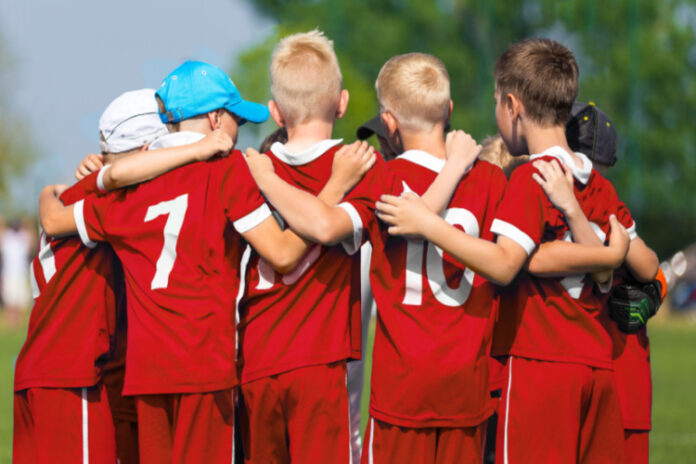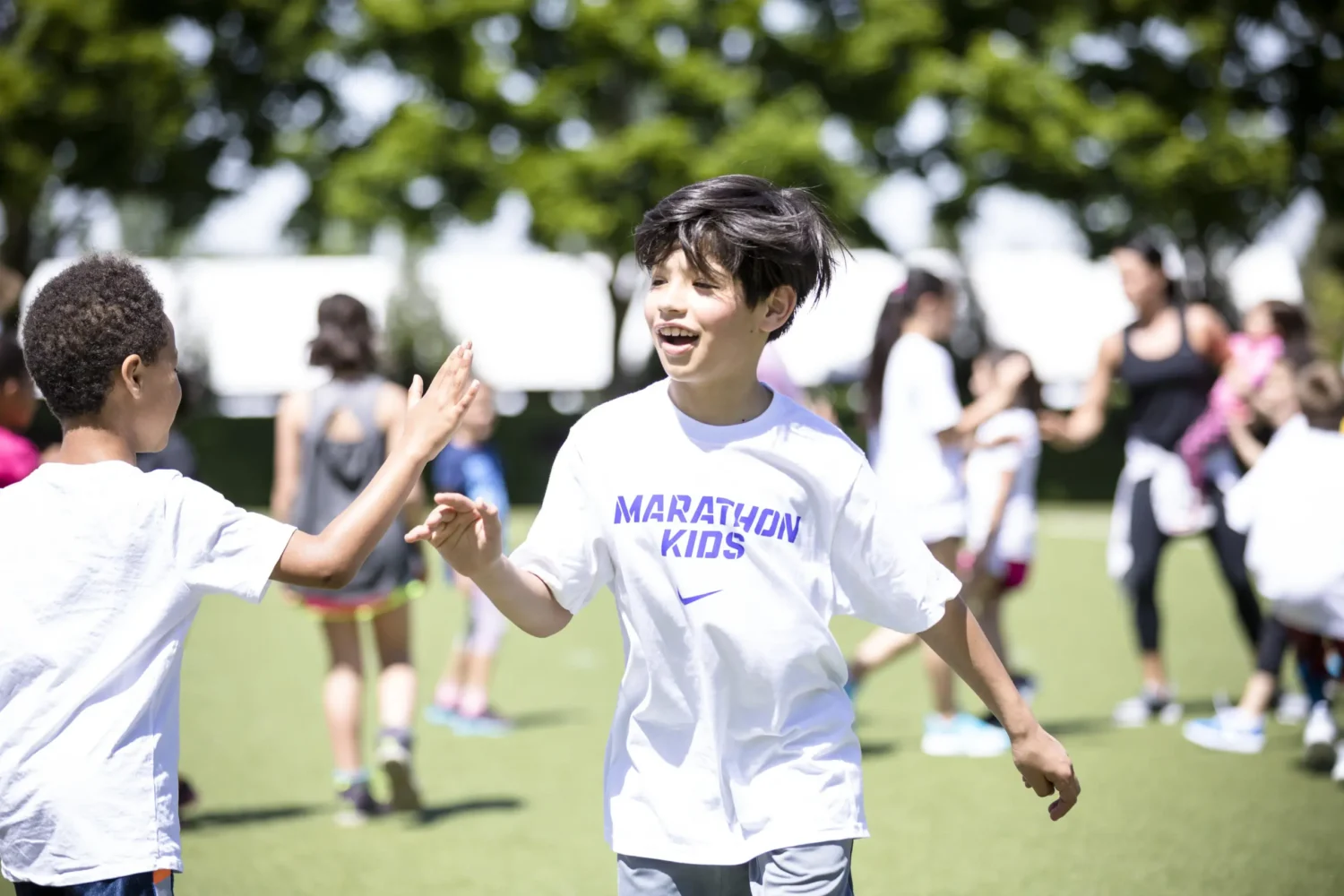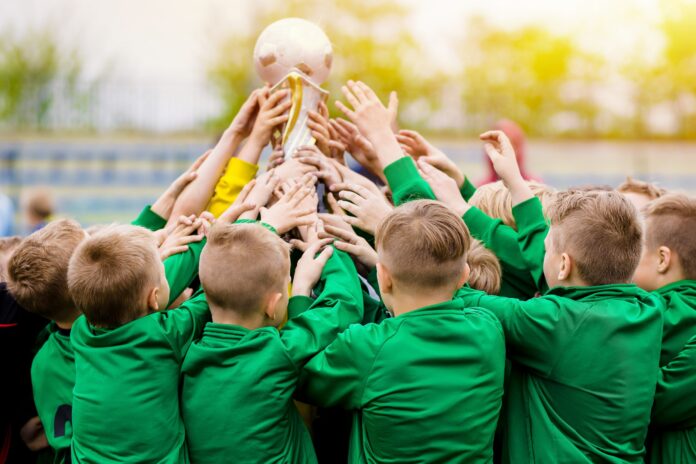Team sports like soccer, basketball, and others play a pivotal role in teaching children valuable life skills. These activities are not just about physical fitness; they are a medium through which young players learn about teamwork, discipline, leadership, and resilience. “The Discipline of Team Sports: How Soccer, Basketball, and Other Team Activities Teach Kids Valuable Life Skills” explores the multifaceted benefits of team sports in shaping the character and life skills of children. From fostering a sense of responsibility to enhancing social and communication skills, team sports offer a comprehensive platform for holistic child development.

Teamwork and cooperation
One of the most significant benefits of team sports is the development of teamwork and cooperation. Sports like soccer and basketball require players to work together towards a common goal. This environment encourages children to understand the importance of cooperation, appreciate the strengths of others, and support their teammates in both victories and defeats. Learning to operate as part of a team helps children develop a sense of belonging and learn how their individual actions can contribute to the group’s success.
Discipline and responsibility
Discipline and responsibility gained from team sports extend to various aspects of a child’s life, fostering a strong work ethic and self-discipline. In sports, children learn the importance of following rules, respecting authority, and the consequences of their actions. This understanding helps them in their academic pursuits and personal life, where they apply the same principles of dedication and responsibility. The habit of regular practice and striving for improvement in sports translates into a persistent attitude towards challenges, be it in schoolwork, personal projects, or future careers. Additionally, the collective responsibility of being part of a team teaches children about the significance of their contributions to group efforts and the impact of their actions on others. This awareness of collective and personal responsibility is a cornerstone in developing mature, responsible adults.

Physical health and wellness
Team sports not only boost physical health but also promote psychological well-being in children. The regular exercise involved in sports like soccer and basketball aids in reducing stress, anxiety, and depressive symptoms. It enhances mood through the release of endorphins, known as the body’s natural mood lifters. This physical activity is crucial for mental health, as it fosters a sense of achievement and increases self-esteem. Furthermore, the discipline and time management skills learned through sports contribute to better academic performance, showing the comprehensive benefits of team sports on a child’s overall development.
Beyond physical benefits, team sports significantly contribute to psychological wellness in children. Regular physical activity reduces stress, anxiety, and improves mood through endorphin release. It boosts self-esteem and fosters a sense of achievement. The discipline and skills acquired in sports also positively impact academic performance, highlighting the holistic benefits of team sports.
Social skills and communication
Playing team sports is a powerful way to enhance social skills and communication abilities in children. On the field, players must communicate effectively with their teammates and coaches, whether through verbal instructions during a game or non-verbal cues like hand signals. This necessity for constant communication fosters better interpersonal skills and teaches children the importance of clear, concise communication. Team sports also provide opportunities for children to interact with diverse groups, enhancing their social adaptability and cultural understanding.

Resilience and Handling Failure
Learning from Loss: Team sports introduce children to the realities of winning and losing, offering valuable lessons in handling disappointment. Through these experiences, children learn that failure is not a setback but a part of the learning process. They develop the ability to bounce back from defeats, understanding that each loss is an opportunity to improve and grow.
Growth Mindset Development: Facing challenges in sports helps children develop a growth mindset. They come to realize that their abilities can be enhanced through effort and persistence. This mindset encourages them to embrace challenges, persevere through difficulties, and view setbacks as opportunities for personal development.
Emotional Intelligence and Empathy: Dealing with failure in a team setting also enhances children’s emotional intelligence. They learn the importance of supporting teammates during tough times and celebrating their successes, fostering empathy and a strong sense of community.
Leadership and Role Models
Developing Leadership Skills: As children progress in team sports, they often assume leadership roles, such as team captains. These roles provide them with hands-on experience in decision-making, guiding others, and setting a positive example. They learn to be responsible for not just their performance but also for motivating and leading their peers.
Learning from Coaches and Seniors: Coaches and experienced players serve as role models, imparting lessons that extend beyond sports tactics. Children learn about discipline, hard work, respect, and integrity. These figures exemplify qualities like resilience, dedication, and teamwork, influencing children to adopt these traits.
Translating Sports Lessons to Life: The discipline and commitment required in sports often translate into other life areas, such as academics and personal relationships. Children learn the importance of responsibility, accountability, and hard work, which are essential for success in various life endeavors.

Embracing technology
Incorporating technology into sports training can greatly enhance the learning experience for young athletes. A training app for soccer players, for instance, can provide interactive and personalized training sessions. These apps can offer drills, skill-building exercises, and game simulations, making training more engaging and effective. They also allow tracking progress and setting goals, which can be motivating for young players. By embracing such technology, children not only improve their sports skills but also become adept at using digital tools, an essential skill in today’s tech-driven world.
The discipline of team sports offers much more than physical activity; it provides a comprehensive platform for developing essential life skills in children. From fostering discipline and responsibility to enhancing physical health, social skills, and resilience, the benefits are multifaceted. Team sports also provide a unique environment for nurturing leadership qualities and presenting positive role models. These experiences and lessons go far beyond the playing field, equipping children with valuable skills that prepare them for the challenges of life. Engaging in team sports like soccer and basketball is an investment in a child’s holistic development, shaping them into well-rounded, healthy, and resilient individuals.





![Calgary’s Hottest Neighborhoods for Luxury Homebuyers [2024]](https://thewashingtonote.com/wp-content/uploads/2024/04/Calgary-324x160.png)



